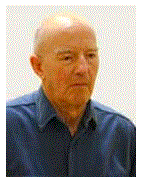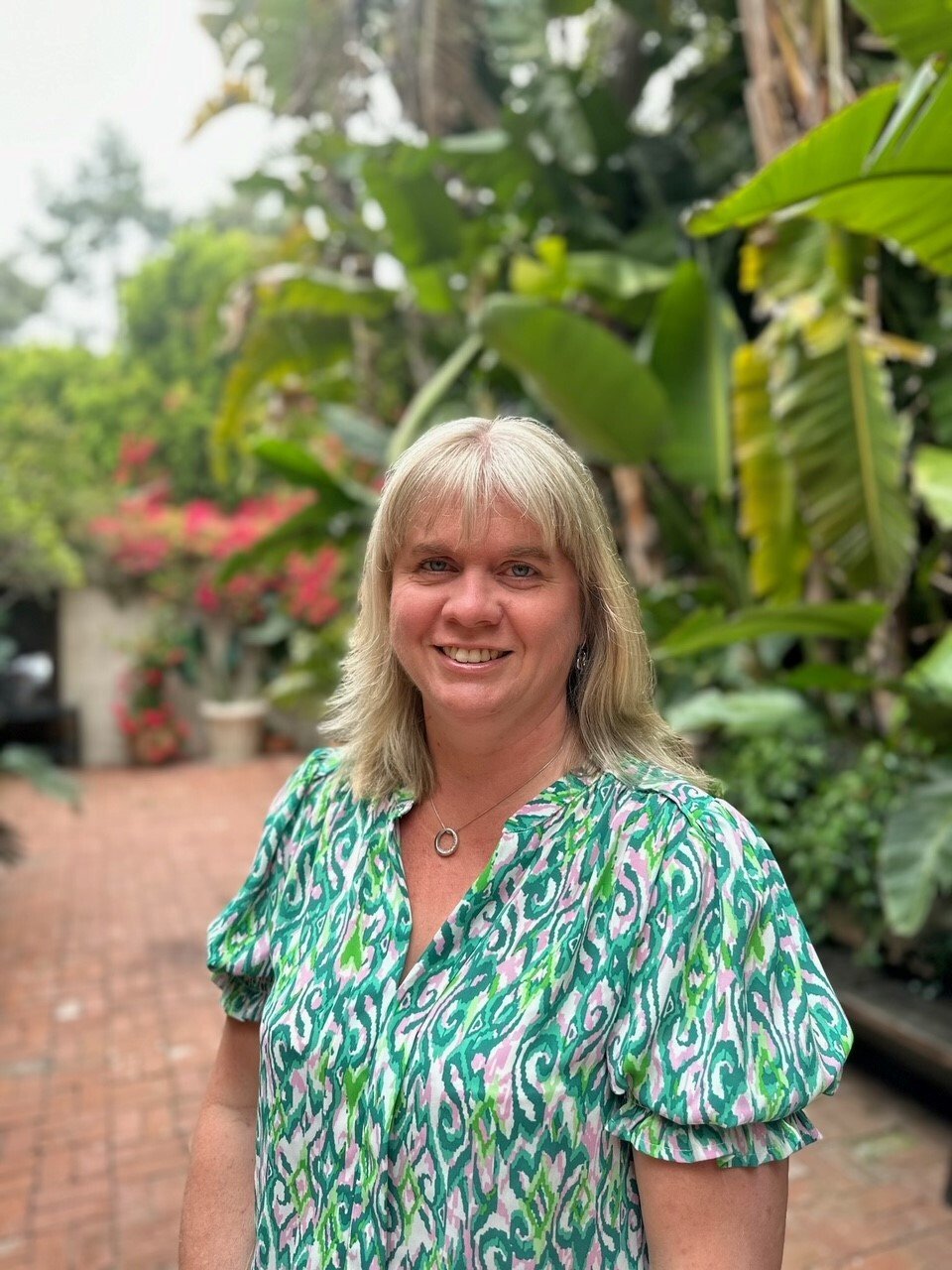- Privacy Policy
- Terms & Conditions
- Contact us
- ©Isabel Healthcare 2025
Spotlight on Lawrence Weed, MD - Problem-Orientated Medical Record
 Over 45 years ago, in 1968 Dr Lawrence Weed published an article on Medical Records that Guide and Teach which described the problem-orientated medical record (POMR) where organized problem lists and medical records are critical to clear decision making. The POMR was implemented worldwide and became a standard for medical documentation.
Over 45 years ago, in 1968 Dr Lawrence Weed published an article on Medical Records that Guide and Teach which described the problem-orientated medical record (POMR) where organized problem lists and medical records are critical to clear decision making. The POMR was implemented worldwide and became a standard for medical documentation.
In 1971, Dr Weed spoke at the Grand Rounds at Emory University where he discusses the POMR approach:
- How Physicians cannot be expected to analyse the volumes of information that exist in a single patient’s paper medical record
- The practice of medicine is the way you handle data and determines what you think. What happens over time is the structure of the data determines the quality of the output.
- To analyse a patient record would take around 3 hours but even then its only as good as the information entered at the time and due to the variety of people involved in the care of a single patient the problem is huge. Information within the medical health record is separated into individual sections so it is impossible to see a timeline across all the data of what is happening at a particular point in time.
During the 1970’s Dr Weed lead an effort to develop an electronic version of the POMR. In Lee Jacobs, MD 2009 article Interview with Lawrence Weed Dr Weed describes how the development of the POMR then lead to the importance of integrating detailed patient data with comprehensive medical knowledge. Due to computer technology making available voluminous amounts of data which couldn’t be processed completely by the human mind he realized that medicine must transition to utilizing information technology to provide knowledge and processing capacity to the detailed patient data it receives. This information is then worked through by the Physician to rule in or rule out diseases, treatment and to evaluate the patient and their current health situation.
In 2011, Dr Weed and his son, Lincoln Weed published their book Medicine in Denial. In Terry Graedon’s recent editorial "Is Larry Weed right?" he states:
“According to the Weeds, misdiagnoses “are not failures of individual physicians. Rather they are failures of a non-system that imposes burdens too great for physicians to bear.” They argue that software tools should be employed first. Software linked to the medical evidence base could present a true list of probable diagnoses for physician and patient to consider together, rather than the ad hoc list of differential diagnoses that a doctor may construct based on his or her particular interests or specialization.
This scenario may sound like science fiction, but even science fiction aficionados have noticed that computers are gaining a diagnostic edge over many doctors. In research from Indiana University, the computer demonstrated greater accuracy in diagnosis than the human physicians. IBM’s Watson and the diagnostic checklist software Isabel are also being tested and refined to facilitate accurate differential diagnoses. Computers don’t suffer from sleep deprivation or distraction, and they shouldn’t display the kinds of unintentional biases (based on gender, ethnicity, or age) that beset human doctors.”
It may seem that over 45 years later Dr Larry Weed’s original vision “We need to better organize our records, better utilize paramedical personnel and appropriately use computers” is now available. Mark Graber, MD makes the comment at the end of Terry Graedon’s editorial that as systems such as Isabel are now available integrated into the clinical workflow that utilisation will increase but only with the realisation that Physicians need to be using tools such as these to enable them to cope with the increasing demands of their jobs and not to just rely on the limits of their own minds which have to process great volumes of information in ever decreasing time limits.

Mandy Tomlinson
Mandy has worked for Isabel Healthcare since 2000. Prior to this, she was a Senior Staff Nurse on the Pediatric Infectious disease ward and high dependency unit at one of London's top hospitals, St Mary’s in Paddington which is part of Imperial College Healthcare NHS Trust. Her experience in the healthcare industry for the past 33 years in both the UK and USA means she's a vital resource for our organization. Mandy currently lives and works in Scottsdale, Arizona.
Subscribe Here!
Recent Posts
Isabel DDx Companion with ChatGPT Integration - to help you diagnose even faster
At Isabel Healthcare, we’ve always been driven by one goal: to make clinical reasoning faster,..Virtual Triage: Do more questions lead to better patient outcomes?
One of the common misconceptions related to virtual triage / symptom checker tools is that the more..List Of Categories
- Differential Diagnosis Decision Support
- Differential diagnosis
- Symptom Checker
- Symptoms
- Medical Error
- Patient Disease Information
- Disease
- Clinical Decision Support
- Diagnostic Decision Support
- Isabel 1 Minute Read
- Diagnosis Error
- Diagnosis Skills Cases
- Healthcare Informatics
- Clinical Reasoning
- Evidence-based Medicine
- Medical Education
- Patient Engagement
- Symptom Triage
- Nurse Practitioner Education
- Nursing Decision Support
- Partnership
- Public Health
- COVID-19
- EHR
- Patient Empowerment
- Patient Safety
- rare disease

Start your FREE Trial today
Try the Isabel Pro DDx generator for 30-days - no payment card details required.



